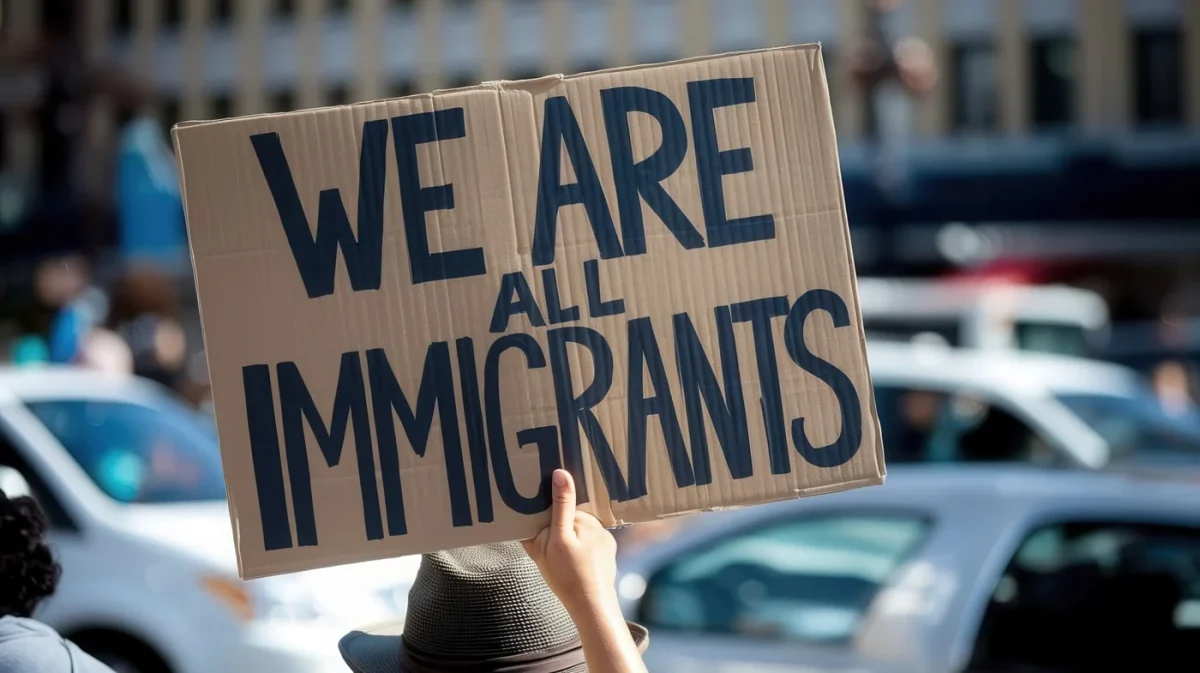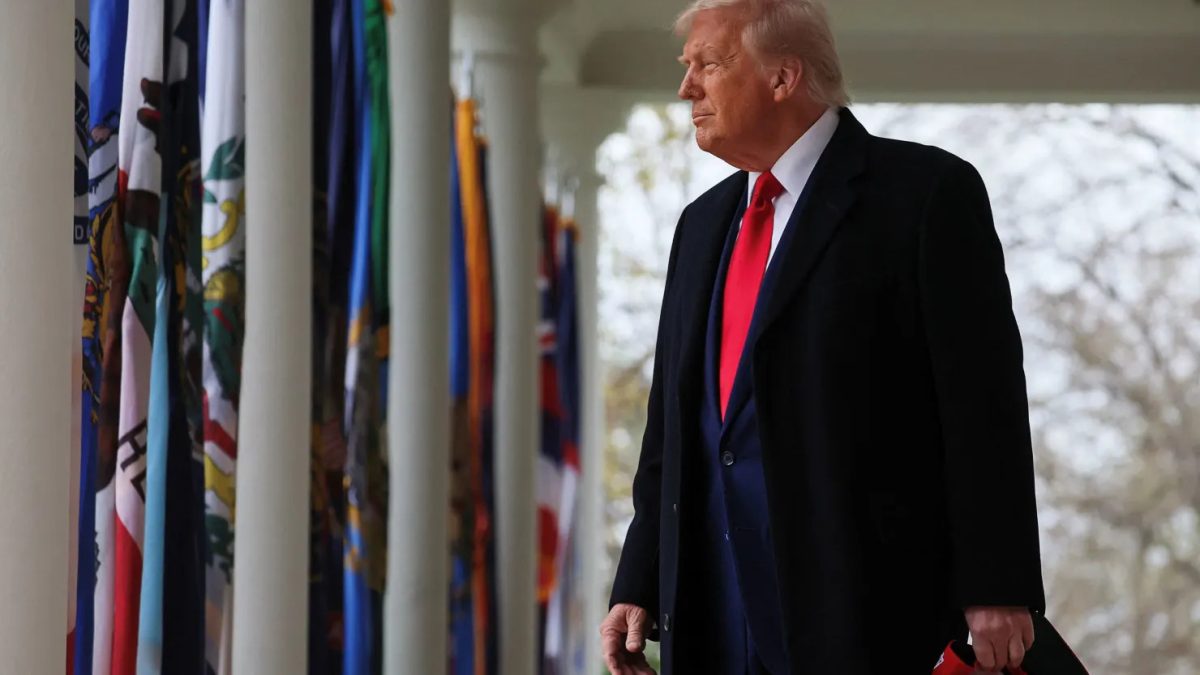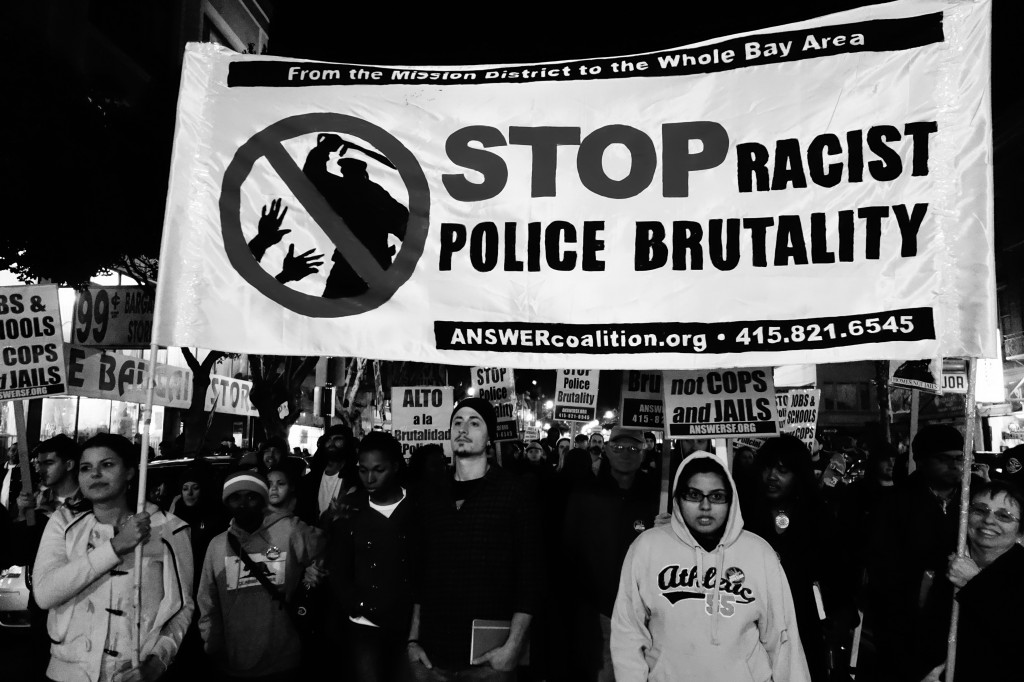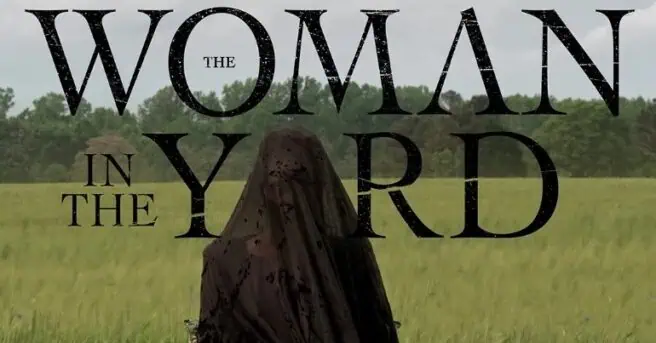On Thursday, November 14, we are in New Zealand. When asked about her party’s vote on the Treaty Principles Bill, Hana-Rawhiti Maipi-Clarke, the youngest member of parliament on record for the Te Pati Maori, Maori Party, performed a haka, a dance that represents Maori pride, strength, and unity through a series of intricate movements and facial expressions as she ripped the bill in half.
The Treaty Principles Bill, which the New Zealand Parliament was debating, would strive to define elements of the Treaty of Waitangi, which was signed on February 6, 1840, and is widely regarded as the country’s foundational document. This day is now a national holiday, and the treaty was signed between the English Crown and about 540 Maori rangatira (chiefs). Although the Treaty of Waitangi was not enshrined, its principles were incorporated into laws to safeguard the Maori people’s rights and traditional land, as well as to provide a pension for the wrongs done to them during colonization.
The bill’s author, David Seymour, says that the original treaty gives Maori people ‘distinct rights from other New Zealanders.’ The following principles should be reinterpreted and defined: the government’s right to govern and parliament’s right to make laws, the Crown’s respect for Māori rights, and everyone’s equal protection under the law. Act leader Seymour claims that because of these vague terms, legislation has been enacted that does not apply to ‘all Zealanders.’
Critics of the bill argue that it will eliminate dedicated land, government seats, healthcare initiatives, and Maori cultural preservation activities. With the introduction of the Treaty Principals Bill, various government-mandated policies have impacted the Maori. Like the dissolution of the Maori Health Authority, which was established by Jacinda Ardern’s Labour government to achieve more health equity, it has returned to emphasizing English groups over Maori. As a result, the two groups continue to have a 7-year life expectancy disparity.
Meanwhile, a hīkoi, a peaceful protest march led by a Maori rights group, continued to march towards the capital, Wellington. Thousands have already been reported to be marching against the bill for nine days, beginning in New Zealand’s far north. Making it one of the largest in the country’s history, many members proudly marched through donning the colors of the Maori flag. Māori Queen Ngā Wai, who was crowned and anointed in early September, led her people, with the MP and Maipi-Clarke joining when the house was dismissed by Gerry Brownlee, the speaker of the house of representatives.
Though the bill is very unlikely to pass Prime Minister Christopher Luxon voted for it in the first stage. In response, more than 40 of the country’s senior lawyers wrote an open letter in hopes of swaying his decision. Even some members of the ruling conservative coalition are against it. Making it abundantly clear that the bill is vastly unpopular. And will hopefully remain so as the bill carries onto the next committee for a six-month public hearing process. Protests are continuing as the country get’s more international attention due to Maipi-Clarke’s stance.









































